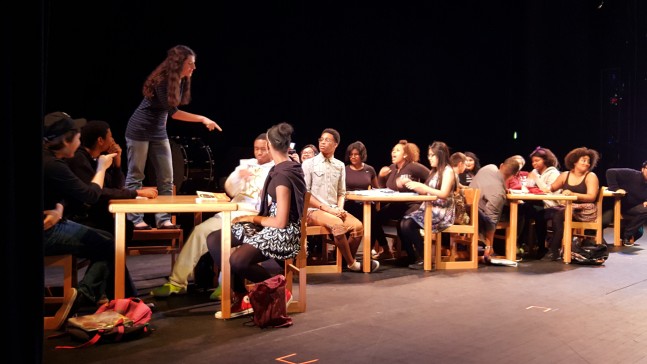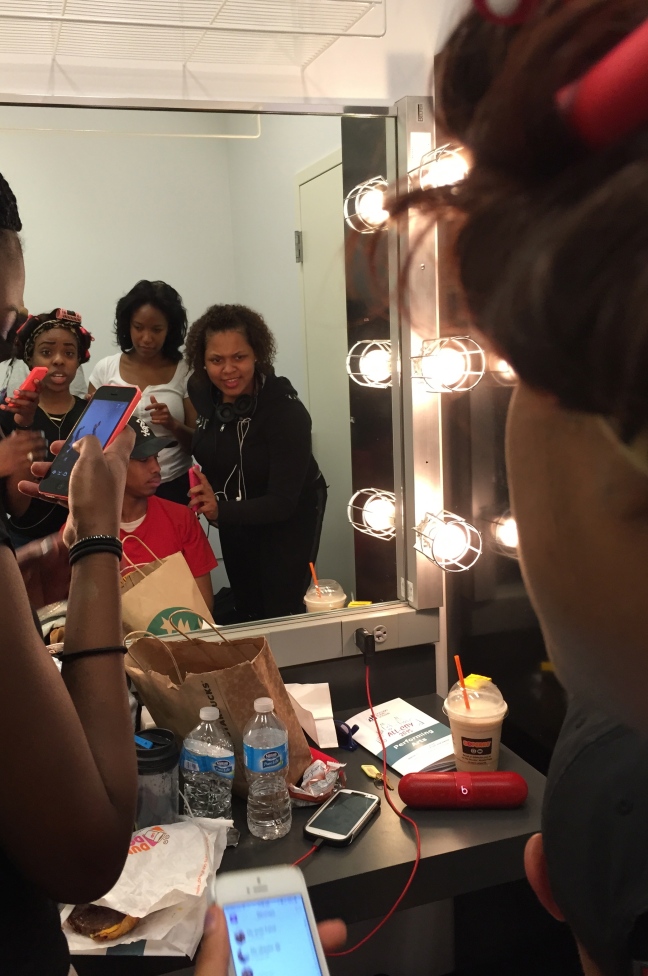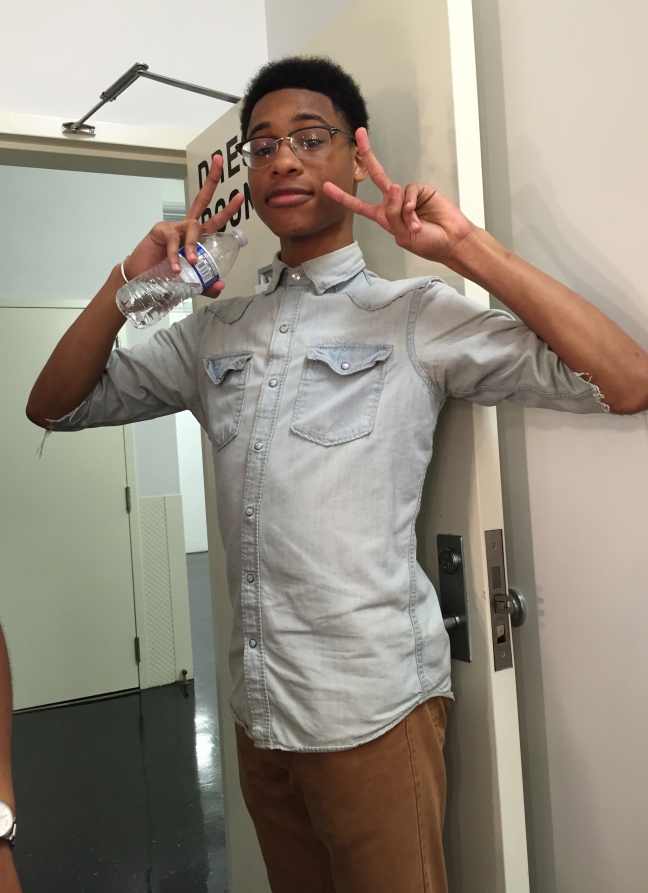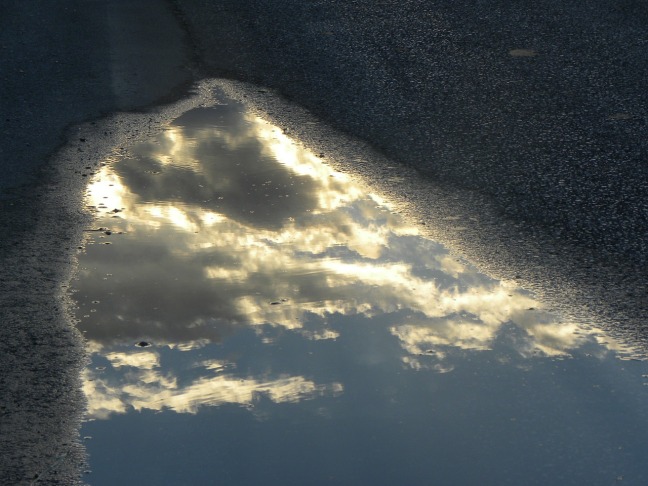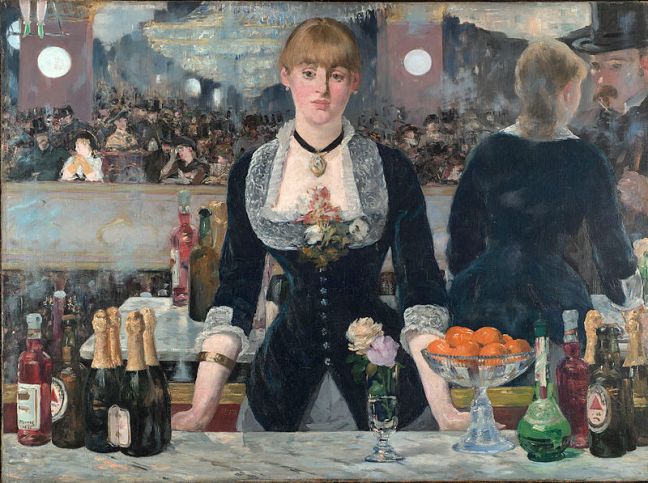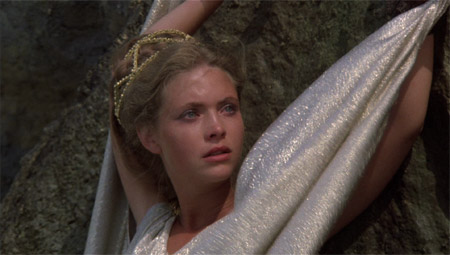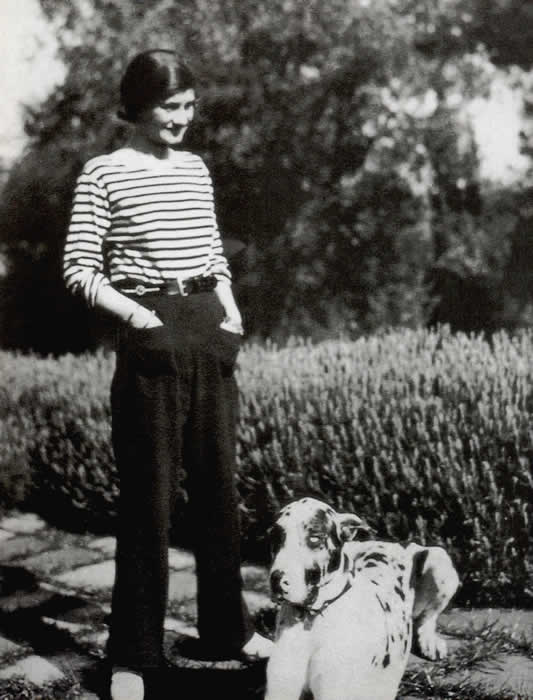
The All City ensembles are part of a free Chicago Public School program which provides opportunities for collaborative arts making to CPS students. This spring, I directed the All City Theater Ensemble with fellow teaching artist Ashley Winston. Our 8th through 12th grade students created an original performance called “Listen,” which explored the theme of voice and which they performed at the Harris Theater in downtown Chicago. This is an open letter to my students.
Dear All City Ensemble,
I want to share some thoughts that have been percolating since our show last month at the Harris Theater.
This spring, Saturday afternoons were my favorite part of the week, and that’s because of you. It was inspiring to see you dive in wholeheartedly to the process of creating an original performance that was fun and full of meaning for you and for your audience. It was a joy for me to talk, read, write and bring about a show about ideas that matter with some cool and interesting people. (That’s you.) I felt proud and moved by the energy and commitment you brought to rehearsal—reading Langston Hughes, Casandra Lopez and Afzal Ahmed Syed; discussing race and music and community; writing poems, rants and new definitions; blocking and choreographing and memorizing.
Sometimes, when you’re a teacher, you’re not sure if your students get it—that is, whatever you’re wanting them to get—you’re not sure what they take away. I hope you learned something about trying new things and messing up and trying them again. I hope you discovered something about taking risks and setting boundaries. I hope we created a space where you felt safe and respected. I hope you gained a sense of how to make something from scratch, from just an idea, of how to collaborate with a group, of how to say yes, and. I hope you learned some things about theater and writing—about rhythm and repetition and imagery, about physicality and blocking and specificity. I hope you walked away feeling heard. I hope you continued to develop a sense of your unique voice and some thoughts on how you might like to express that in the world.
I found a tribe and a home in theater when I was your age. (At which time I was obsessed with Prince the way some of you are obsessed with Drake and One Direction.) I loved how theater brought worlds into being. I loved telling stories. I loved living in stories. I loved the way the kids in a show fell in love with each other, the friendships and flirtations that came about from hanging out and getting to know one other. I loved the challenge of theater—all the skills it called into play, the ways it made me stretch. I loved the energy that sparked between performers, crew and audience.
I think you felt that energy that comes from working on a show with an ensemble you’ve come to know during the weeks of rehearsal. I hope you’ll continue to learn from one another. I hope you made some memories and some friends that will stick around a while. I know a lot of you had hurdles to overcome to be part of All City—you shuffled schedules, battled illness, juggled school and other extracurricular activities, memorized lines and blocking. I want you to remember the feeling of accomplishment you had that Sunday afternoon at the Harris. Take out that feeling whenever you need it.
I couldn’t find the right song for the end of our piece. I wanted something that related to our theme of finding your voice and asking to be heard. I wanted it to be uplifting, a little anthemic, but not too hokey, not too on the nose. I fell in love with the refrain in Chance the Rapper’s cover of the Arthur theme song “Wonderful Everyday.”
I’m gonna get by when the going get rough I’m gonna love life ’til I’m done growing up And when I go down I’mma go down swinging My eyes still smiling And my heart still singing
Here’s the secret no one tells you about growing up—it never really feels like you do. I think that’s a good thing. Approach with caution those who think they’re done growing up. There’s always something to learn, something to love about life. We can always ask the questions I heard you ask in our discussions, the questions you ask in your performance: Who am I in the world? How do people see me? Who do I want to be? I hope for you what I hope for myself: that you can love life till you’re done growing up and that you’ll keep growing (learning, listening, dreaming, evolving) till your life is done—a long, long time from now.
Have a beautiful summer, young artists.
Love, Maia
